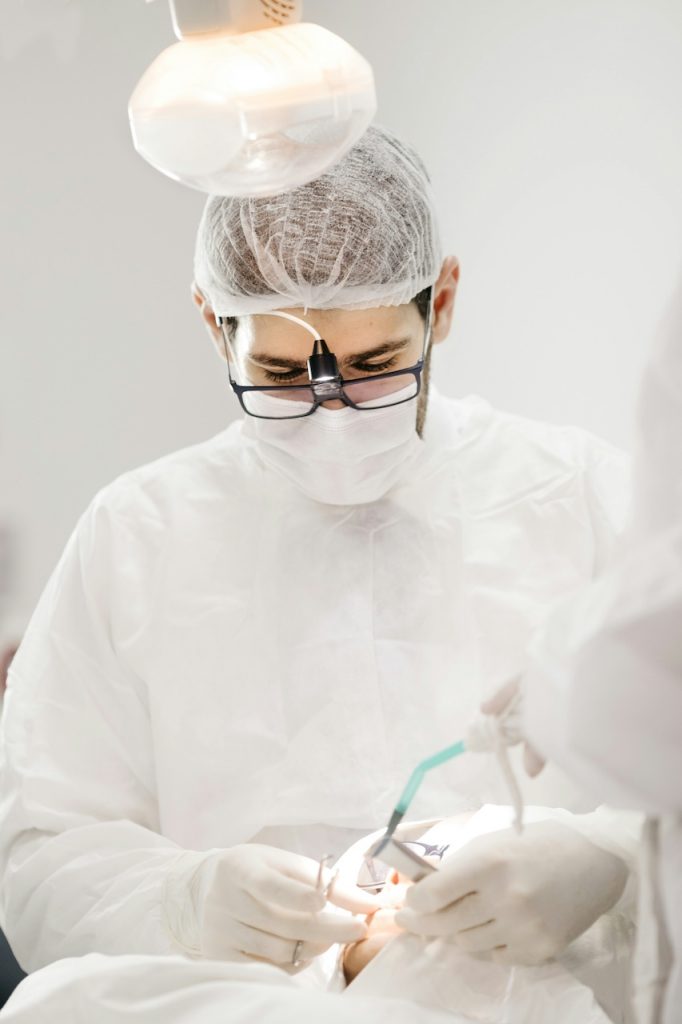
In the world of holistic dentistry, one concept that stands at the forefront is the use of biocompatible dental materials. These materials are chosen for their compatibility with the body’s natural chemistry, ensuring that dental treatments do not adversely affect overall health. We will delve into the importance of biocompatible materials in dental care and how they contribute to a more harmonious relationship between oral health and the body’s wellbeing.
Biocompatible materials are at the heart of holistic dentistry. They are carefully selected based on their non-toxic nature and their ability to integrate seamlessly with the body’s biological processes. Traditional dental materials, like amalgam fillings which contain mercury, have raised concerns over the years due to potential health risks. Biocompatible materials, on the other hand, are designed to work in tandem with the body, minimizing any risk of allergic reactions, toxicity, or adverse immune responses.
The shift towards biocompatible materials in dentistry is driven by an understanding that what goes into our mouths can have far-reaching effects on our overall health. For instance, materials like composite resins for fillings are preferred over amalgam because they are free from metals and better mimic the natural properties of teeth. Similarly, in prosthetics and implants, materials like titanium and zirconia are favored for their strength, durability, and biocompatibility.
This approach extends beyond just the choice of materials.
It also encompasses the techniques and procedures used in dental treatments. The goal is always to preserve as much of the natural tooth and oral structures as possible. This not only ensures a more natural function and aesthetic but also reduces the body’s exposure to foreign materials.
One of the key benefits of using biocompatible materials is their contribution to long-term health and wellness. By choosing materials that are in harmony with the body, holistic dentists aim to provide solutions that not only solve immediate dental issues but also support the patient’s overall health in the long run. Patients with sensitivities or specific health concerns particularly benefit from this approach, as it reduces the likelihood of complications related to materials traditionally used in dentistry.
The use of biocompatible dental materials is a significant aspect of holistic dentistry. It reflects a deeper understanding of the interconnectedness between oral health and the body’s overall functioning. As we continue to explore and embrace these materials and practices, we pave the way for a healthier, more integrated approach to dental care, one that respects and supports the body’s natural chemistry and processes.
